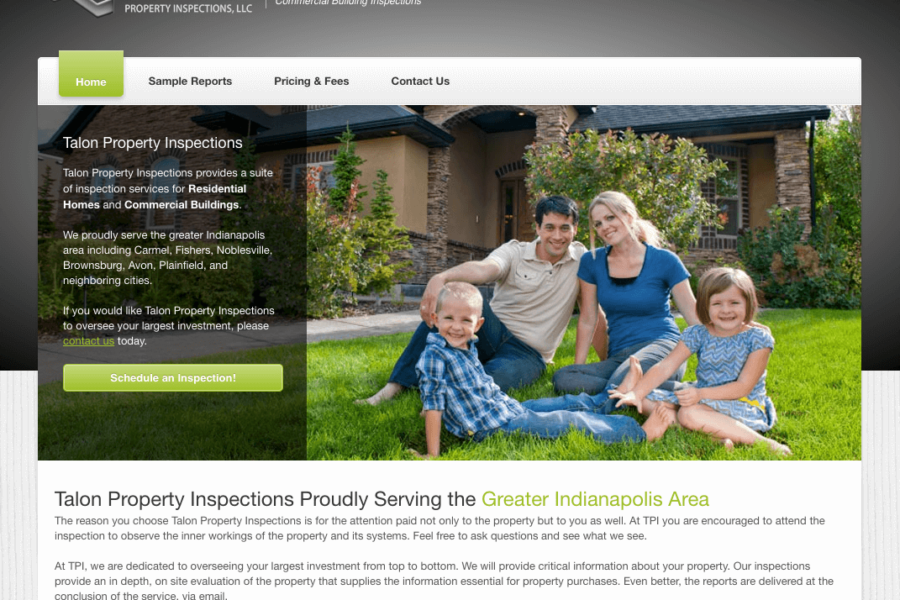There have been many definitions of SEO over the years. Many users use SEO (Search Engine Optimization) as the ‘must have’ in ensuring their website is on page one of Google and other large search engines.
SEO is a list of activities and actions that you need to carry out on your website to ensure it ranks as high as possible on the search engine rankings. These are both called what is known as off-page SEO and on-page SEO.
Put another way, SEO is the effort you put in on your website to give it every chance to rank as high as possible in the search engines.
SEO is never a guarantee, but puts your website in a position to succeed.
With the Internet becoming crowded, the competition for eyeballs has grown and SEO has become a cornerstone of digital efforts and has turned into a requirement for businesses to grab their digital market share.
But, don’t get confused with paid search (PPC), as SEO is focused solely on attracting organic traffic that floods across the Google plains.
Suppose you are aiming to provide an answer to something or provide a product for a situation. In that case, you will need search engine optimization to have any chance of making an indentation on the searching public.
As a website owner, you don’t necessarily need to know (and probably never will) the workings and intricacies of the Google algorithms, but you need to know all the key things you need to do in SEO to be seen and successful as a business.
Although this is sometimes disputed, there are three key ingredients that cook the SEO pudding. You will need all three to have any chance of search engine success…
Note: these items do not include everything there is about SEO. Contact me if you want more information.
Backlinks
You may have heard of this term before, but basically, these are links from another website to yours. The more backlinks you can attract that are both relevant and from high authority sites, the higher the ranking you will gain.
You might have a fantastic website with excellent content, but if it is perceived by Google as of little authority, it will languish in the Google dungeons on page 44!
Google looks at your backlink profile, and if it sees that you have links to your content from high authority sites such as CNN or the BBC – it thinks, wow, this content must be stellar for these big players wanting to link to it, so it breathes authority.
Stellar Content
It, therefore, goes without saying that if your content is not up to scratch and is of low quality, you won’t get any rankings. Why would Google want to promote a site with poorly written content, copied from other sites and having little or no value for the site visitor?
So, our second ingredient that helps the SEO wheels go round is to have great content with well-thought-out keywords, which is highly relevant to your website and appealing to the site visitor.
The Tech Stuff
Another ingredient of SEO is the technical tasks of what is popularly known as on-page SEO.
If your website is not configured correctly and the pages are poorly optimized, this will not help you in the rankings race.
Every page on your website needs to be fully optimized so that when Google comes calling, it has a seamless crawl over your site, and you have ticked all the boxes that make the Google spiders leave happy.
Just to explain a bit more about on-page and off-page…
When talking about on-page, we’re referring to everything you can make good on your website – these are such things as:
- Content optimization
- Keyword research
- Title tags
- Internal linking
You need to make sure that every page of yours is easy to understand and its purpose.
Off-page is usually all the activities you perform off your website to improve your SEO performance and include such things as link building, guest blogging, broken link building. These all take time and are not a quick fix to get your website higher in the rankings.
One of the alter egos of SEO you might have come across is called White Hat and Black Hat SEO – basically the right way and the wrong way!
White hat SEO is all about adhering to the Google guidelines and the practices that go with that.
Black hat SEO is the naughty boy of the SEO world. It is usually a collection of activities used to improve rankings but in Google’s eyes are unethical. It is sometimes very tempting to use Black hat techniques as they are effective and can get you a boost in rankings reasonably quickly.
However, if discovered, it can get you a severe penalty from Google and even a ban in showing your website to the searching public. I will always recommend by staying within the rules and avoiding black hat techniques.
So How Does SEO Improve Your Website Rankings?
The major search engines out there, predominantly Google and, believe it or not, Bing, use what is sometimes called spiders or bots ( robots ) that crawl over the Internet to glean as much content as they can find.
The spider might start from one website, then follow the internal links on the pages on the website itself, as well as all the external links that might be present linking to other websites.
The content they consume helps them understand what every page on a website is all about and how it is linked to other pages. All of this is stored in the search engine enormous database, which is known as the index.
When an Internet user either types or sometimes speaks these days a query into a search box, the search engine’s complex algorithms get to work to present the most relevant list of results it can find for that particular query.
This can include web pages, videos, images, business listings and any other niche type content that might fit the query.
The search engine algorithm will employ a set of ranking factors that keep evolving and changing as the machines learn more and more. SEO practices are used to understand these factors to develop a set of strategies, including our three top ones – ‘on-page, ‘off-page and technical.
Any website owner who is seeking a ranking improvement, mainly where organic traffic is concerned, will give a high priority to user experience, use white hat techniques and will try to evolve alongside the algorithm changes.
So, just having a website will not get you traffic – there is so much more to it, and using an SEO strategy is essential to being successful online…
To wrap up, the information discussed is not everything that you take into consideration for SEO. If you would like more information or an analysis of your site, let me know.






